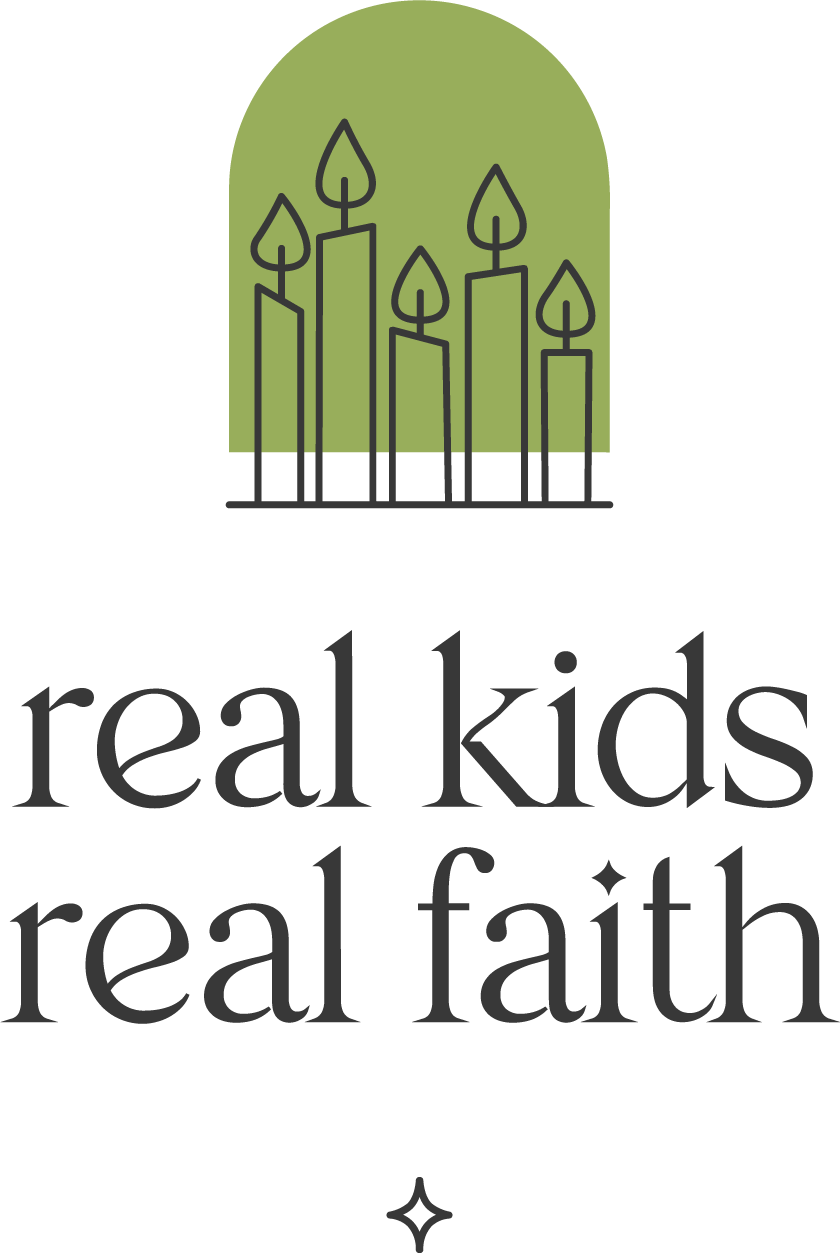George Takei is an actor, best known for his role as Sulu on Star Trek. As a four year old, he was forced – along with his parents and siblings – to live in an internment camp along with other Japanese Americans. His picture book, My Lost Freedom, tells the tale of his childhood and how his family navigated the hatred and cruelty of other people who saw them as enemies rather than fellow Americans.
Read the book with children ages 6-12 years and use one or more of the following activities to reflect on what Takei’s autobiography says about community and ethical action. (With younger children and those who are easily overwhelmed, explore the book in sections rather than all at once.)
Sent away. Two months after the bombing of Pearl Harbor, President Roosevelt decided that all Japanese Americans must leave home and relocate to prison camps. George’s family could only take whatever they could carry with them. Invite children to imagine that they have to leave home suddenly. Ask them to use their bodies to show how they would feel. Then encourage them to make a list of what they would want to take with them. Ask: How do you decide what to take? How do you feel about the things and people you have to leave behind?
Making a home. Mama uses her contraband sewing machine to make curtains and braids rags into rugs for their ‘home’ in the barracks. Invite children to draw a picture of the things they would make or try to find to turn an ugly space into a cozy home for themselves and their family. Ask: What do you think are the most important things that make a place feel like home?
Finding good. George shares many good things that happened in Camp Rohwer and Tule Lake: baseball games, folksong nights, concerts, watching tadpoles become frogs, snowball fights, Santa, movies, Blackie. Ask children: Why do you think George and other Japanese Americans imprisoned during World War II still found things to enjoy in their lives? Invite them to identify ways that they cope with difficult events and experiences. Ask: What helps you feel better when you are upset? What might you do to help others when they are upset?
Challenging hatred. As a little boy, George didn’t understand that armed guards and barbed wire weren’t normal parts of American life. But he overheard his parents and other adults resisting with statements about democratic principles and chants of “Was-shoi” (peace and harmony). Ask children: What are some hateful or unfair ways that people are treated today? Invite them to create a chant and/or make posters that express how they think all people should be treated.
Building a future. When the war ends, George and his family return to Los Angeles. The “Author’s Note” explains that they still experienced prejudice and also worked to build more just communities. Invite older children to research the Civil Liberties Act of 1988. Encourage them to pretend that they are President Reagan giving a speech on why they think the Act is important. Suggest that they also pretend to be survivors of the internment camps hearing the speech. Ask: How do you feel when you hear President Reagan apologize? What do you want to say to him?

Comments